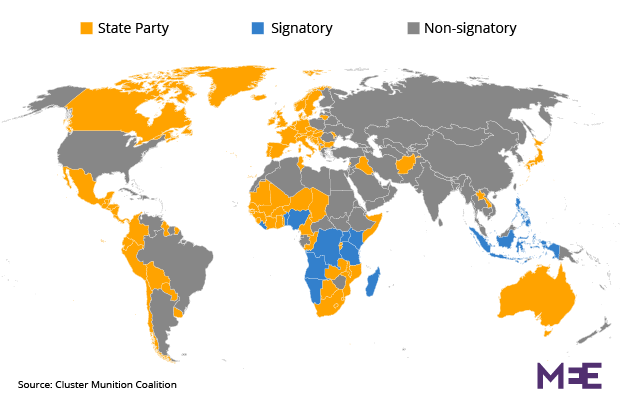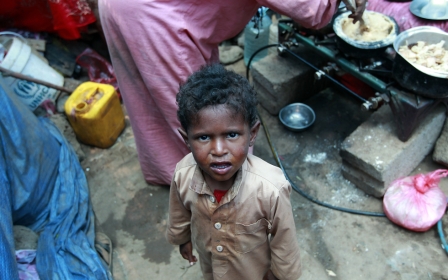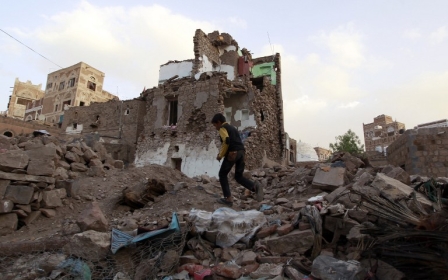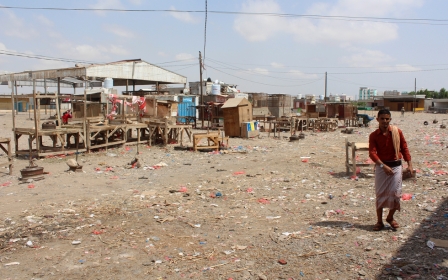Amnesty rebuff UK denials about cluster bombs sales to Saudi Arabia
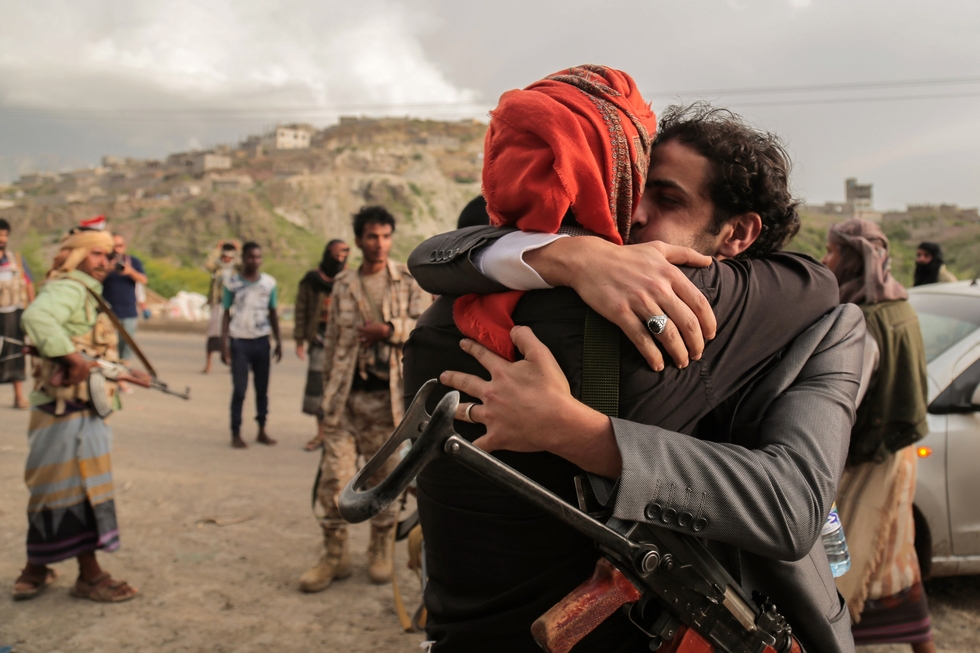
Amnesty International has rejected as "shameful" claims from the UK government that British-made cluster bombs are not being used by Saudi Arabia in Yemen.
The human rights organisation on Monday slammed the British government after the UK Minister for Defence Procurement Philip Dunne stated on 24 May that “no UK-supplied cluster weapons have been used, and that no UK-supplied aircraft have been involved in the use of UK cluster weapons, in the current conflict in Yemen.”
The comment came in response to evidence provided by Amnesty in late May that the Saudi-led coalition in Yemen, which is currently fighting Houthi rebels, had used the British-manufactured “BL-755” cluster bomb in an attack on the al-Khadhra village in Yemen’s Hajjah governorate, close to the Saudi border.
“It is utterly shameful that the British government has sought to evade responsibility, denying the use of UK-supplied cluster munitions in Yemen by the Saudi Arabia–led coalition despite comprehensive and compelling evidence gathered by Amnesty International on the ground,” said Lama Fakih, Amnesty International’s senior crisis response advisor.
“By failing to launch an urgent investigation into the use of British-made cluster munitions the UK government is demonstrating a callous indifference to the lives of civilians in Yemen.”
According to evidence gathered by Amnesty, at least 16 civilians - including nine children - have been killed or injured by cluster munitions between July 2015 and May 2016.
The UK is one of 100 countries that have signed up to the UN Convention on Cluster Munitions, but 78 have not and 18 have signed but not ratified.
The statement added that the UK government should be calling on Saudi Arabia to "cease all use of cluster weapons and urging them to immediately provide the UN with precise locations of cluster munition attacks in order to facilitate clearance and to warn civilians about the risks."
Meanwhile, the United Nations on Monday said it would temporarily remove the Saudi-led coalition from a blacklist over the deaths of hundreds of children in Yemen.
Saudi Arabia had reacted angrily to a UN decision to add the coalition to a list of children's rights violators after determining that it was responsible for 60 percent of the 785 children killed in Yemen last year.
UN Secretary-General Ban Ki-moon agreed to a Saudi proposal to review the facts and cases cited in the report jointly with the coalition, his spokesman Stephan Dujarric said.
"Pending the conclusions of the joint review, the secretary-general removes the listing of the coalition in the report's annex," he added.
Saudi Ambassador Abdullah al-Mouallimi told reporters that the coalition felt "vindicated" and declared that the change to the list was "final and unconditional."
The UN had blacklisted both the coalition and rebel forces for a "very large number of violations" including "attacks on schools and hospitals".
Saudi Arabia launched the intervention in Yemen in March last year in support of the internationally recognised government of Abd Rabbuh Hadi against Houthi rebels accused of having links with Iran and army units loyal to former president Ali Abdullah Saleh, who was forced out of office in 2012 under a Gulf-sponsored deal.
The war has left some 6,400 people dead, according to the UN.
Assiri said the coalition was in Yemen to "protect the Yemeni people, including children, from the actions of the Houthi militia".
He cited a $30m Saudi aid programme for Yemen launched in cooperation with the UN children's fund (UNICEF).
In separate comments to the Saudi daily newspaper al-Sharq al-Awsat, he said Ban's report would not help peace talks underway in Kuwait, and would "complicate the mission" of the UN's envoy to Yemen, Ismail Ould Cheikh Ahmed.
Human rights groups have repeatedly raised concerns about Saudi air strikes on urban areas in Yemen and accused the coalition of deliberately targeting civilians with cluster bombs, which would constitute a war crime.
In late May, US magazine Foreign Policy reported that the White House had frozen shipments of cluster bombs to Saudi Arabia over concerns that its Gulf ally was using the weapons in areas where civilians were present. The US is not a signatory of the treaty.
Middle East Eye propose une couverture et une analyse indépendantes et incomparables du Moyen-Orient, de l’Afrique du Nord et d’autres régions du monde. Pour en savoir plus sur la reprise de ce contenu et les frais qui s’appliquent, veuillez remplir ce formulaire [en anglais]. Pour en savoir plus sur MEE, cliquez ici [en anglais].


